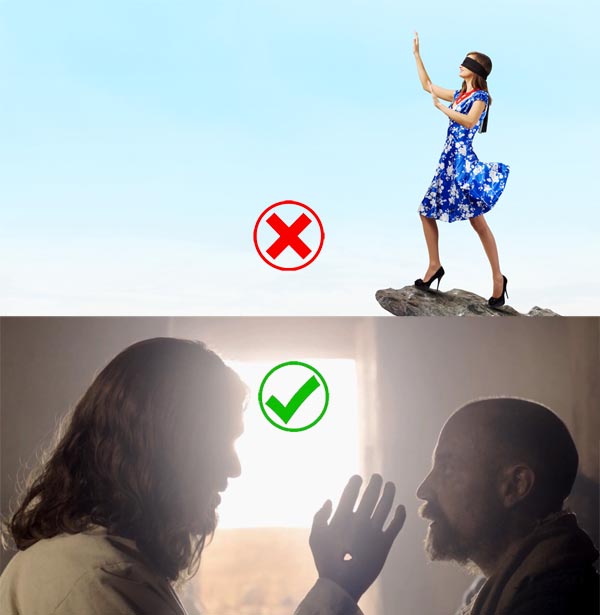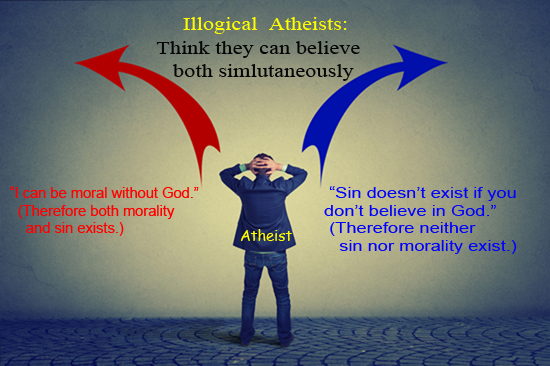
Total Eclipse April 8th, 2024, NASA
In 2017 we traveled down near St. Louis to be in the path of totality for the eclipse that year. It was such a wondrous, awe-inspiring event that, when my wife asked if we were going to do it again this year, I thought, “How many more chances are we going to get?” (It turns out that the next one viewable in the States is in twenty years). So, with no further debate needed, I said, “Yes, we’re going.” No matter that hotels were doubling and tripling their fees for the occasion, traffic was predicted to be horrendous and Indiana, our destination for viewing, declared a state of emergency to make sure they had enough emergency services available.
The free solar glasses the hotel gave upon arrival, knowing why most people were there, didn’t make up for the highly overpriced room, but the event itself more than compensated for it. At the moment of totality I was once again filled with awe, wonder and amazement. The moon, appearing to be the exact same size as the sun, smoothly slid in front of the disc of the sun and perfectly covered it. This allowed the sun’s corona to be viewed with the naked eye, eclipse glasses off, with the sun no longer a blindingly bright light but a dark circle. I’m no photographer, and my phone and camera are a few years old, but here is the modest picture I took: Continue Reading









